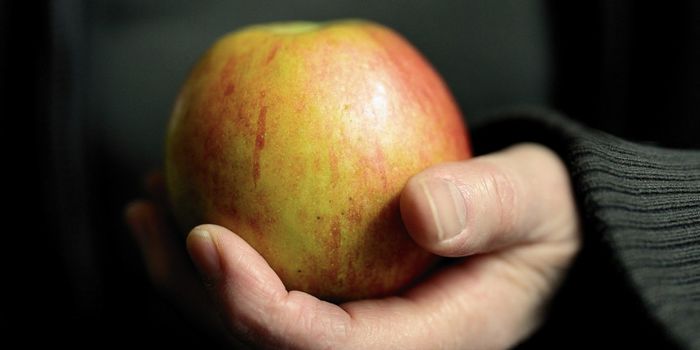Eating Fiber-Rich Foods Could Prevent Dementia
Fiber, the parts of food that our bodies cannot easily break down and digest, is a crucial part of any diet. Many dietary guidelines recommend eating high quantities of fiber-rich foods. That’s because fiber-rich diets have been shown to have a number of health benefits, such as helping lower cholesterol, manage blood glucose levels, promoting digestive health, and much more.
Adding to fiber’s health benefits, a new study published in Nutritional Neuroscience suggests that eating foods rich in fiber may also contribute to a reduced risk of dementia.
In the study, researchers were curious about the ways in which fiber could play a role in potentially preventing this serious neurocognitive condition. To better understand the connection between dementia and fiber, researchers followed 3500 adults in Japan for about 25 years, monitoring their dietary habits for the first five and then following up regularly with participants between 1999 and 2020. Researchers monitored participants for the development of dementia.
Researchers then stratified the participant pool in two ways: first, by breaking them into four groups based on the amount of fiber participants ate, and then again to examine the role different types of fiber played; specifically, soluble and insoluble fiber. Soluble fiber is dissolvable in water and can help slow down digestion—this type of fiber usually comes from certain types of fruit (such as apples) or beans. Insoluble fiber (think bran) doesn’t dissolve in water and can help with constipation.
Results indicated that more fiber led to a reduced risk of dementia, and that there was a greater connection between higher amounts of soluble fiber and dementia risk. Researchers highlight two potential reasons for this:
- Fiber consumption may affect the interplay between the gut and the brain, a connection that’s long been explored in the past as the cause of diseases like IBS. Soluble fiber, specifically, helps regulate the gut, which researchers believe could help manage the risk of neuroinflammation (an underlying cause of dementia).
- Because of the health benefits of fiber, researchers also believe that more fiber may reduce the risk for other factors that contribute to dementia (such as high blood pressure).
Ultimately, being more mindful of what we eat (and emphasizing fiber in our diets) could help reduce the risk of dementia.
Sources: Science Daily; Cleveland Clinic; Nutritional Neuroscience; NIA








